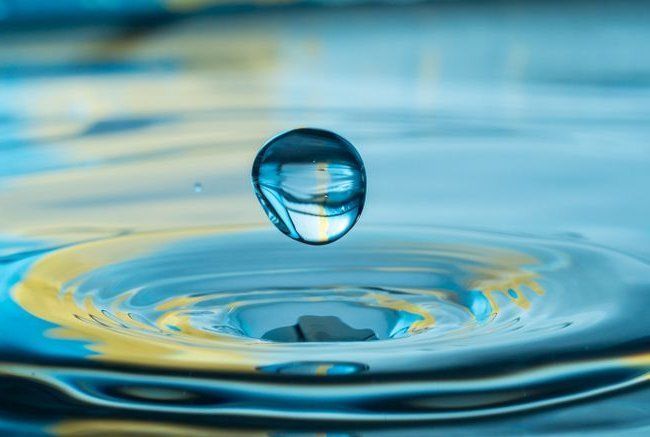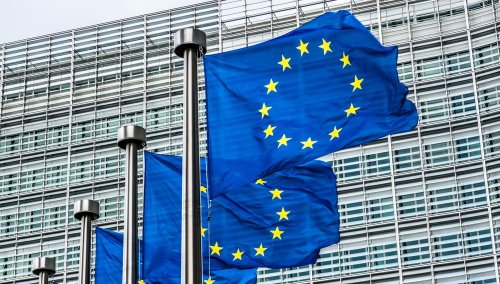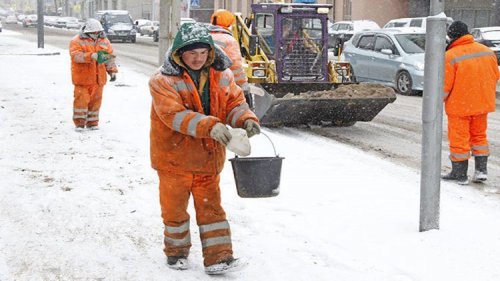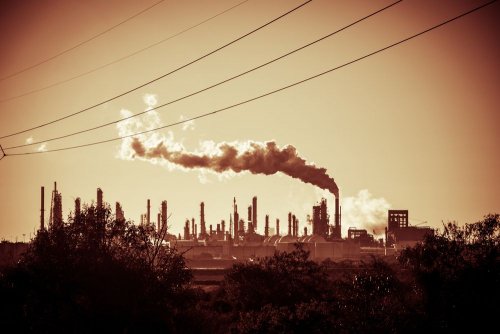Demand for water could exceed supply by 40% by 2030. In the energy sector, the demand for water could increase by almost 60%. Inefficiencies in the water and energy sectors and the lack of tough decisions can threaten European and global countries with a significant drop in GDP.
This is stated in a report by Danfoss, Euronews reports.
Interconnected cost growth
As the population grows, more fresh water is needed. Water production – pumping, treatment, and delivery to consumers – requires more energy. At the same time, humanity needs more and more energy itself, and its production also requires water. According to Danfoss, the energy sector already consumes 14% of the world's fresh water.
This connection is very strong and vulnerable. A deficit in either system causes problems with the other.
“In Europe, too much treated water and the energy used for its pumping and purification is lost due to leaks and inefficiency, which creates both economic and security problems,” Euronews quotes Danfoss CEO Kim Fausing as saying.
The cost of the problem
Ineffective management in the water and energy sectors is fraught with a number of problems, and financial ones are only part of them.
- GDP decline. For high-income countries, it is about 8%, but lower-income countries risk losing 10-15% of GDP by 2050.
- Additional costs in the energy sector. Globally, we are talking about more than €8 billion.
- Increased costs for water supply and sanitation. Compliance with current EU standards will cost €500-1000 more per person by 2030.
- Risks to public health.
- General instability of infrastructure.
- Threats to geopolitical security. Access to clean water can provoke social tensions and even conflicts.
Solutions
According to Danfoss analysts, overcoming the crisis requires urgent strategic action from all governments worldwide. First of all, there is a need for strict regulations to enhance efficiency in the water sector and to encourage the adoption of relevant technologies.
“Governments need to consider incorporating water efficiency into energy audits and set national targets for industrial water reuse. Every drop saved means less energy lost,” notes Kim Fausing.
As for concrete examples, Danfoss claims that merely modernizing desalination facilities could reduce industry expenses by €34.5 billion. There are also successful cases where installing variable speed drives in treatment systems has reduced energy consumption. For example, a plant in Chennai, India, saved about 22% of energy this way.
Data center guilt
Data centers consume a huge amount of water to cool their technological installations. Currently, we are talking about 560 billion liters annually. According to the International Energy Agency, these volumes will double by 2030 alone. This figure is six times higher than the total freshwater intake of the entire European Union in 2022.
Positive solutions are also possible here. The introduction of closed-cycle liquid cooling systems can not only reduce water consumption but also keep people warm. By 2030, the thermal energy generated in this way could meet the heating needs of Europeans by 10%.
"The largest data centers are located far from urban areas. If waste heat is used rationally, excess heat can satisfy 300 TWh of consumer demand at a distance of several kilometers," Danfoss said in a report.
Earlier, EcoPolitics reported that 62% of European water bodies are polluted.





